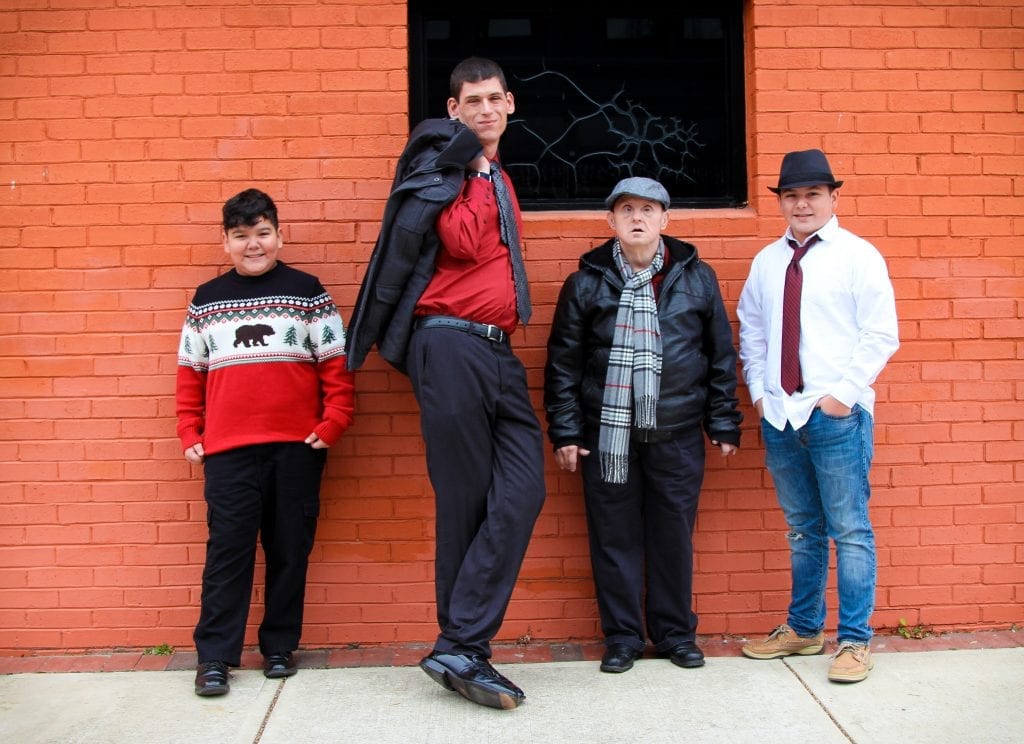Sponsored Residential Vs. Adult Foster Care
At DePaul, we are committed to supporting personal choice, promoting individual growth, and improving quality of life for the individuals with intellectual and developmental disabilities we serve. One way we accomplish this is through our Sponsored Residential program, which offers personalized care to individuals in a home-based setting where they can live as active members of a family. The program is available to both children and adults with intellectual and/or developmental disabilities who require varying levels of care depending on their specific needs. DePaul carefully matches individuals with compassionate caregivers whom we provide with thorough, specialized training so that they may offer the best care to the individuals in their homes.
While there may appear to be some similarities between these services and foster care, our Sponsored Residential program is, in fact, very different from adult foster care.
Generally, adult foster care is defined as care provided to an adult in a home-based environment. For adults who experience some difficulty living on their own, adult foster care can be an alternative to assisted living facilities or nursing homes. In other states, this service may be referred to as adult care homes, domiciliary care, or community residential settings. However, in Virginia, sponsored residential services refers to person-centered care that is provided in the homes of trained caregivers to individuals with developmental and/or intellectual disabilities. Because individuals receiving sponsored residential services are living with a disability, they require a specialized level of care including physical assistance, medication management, healthcare coordination, and behavior intervention.
The caregivers who work with DePaul to provide sponsored residential services in their homes also have an experience different from those who provide foster care. Due to the high level of individualized care, sponsored residential providers are paid for their efforts at a higher rate than what is typically earned by foster care homes. Furthermore, placements in sponsored residential care tend to be more stable and last for a longer duration, whereas foster care placements can be short term or more likely to experience a disruption. Frequently, sponsored residential providers are able to maintain positive relationships with an individual’s biological family members, which helps to create a wider network of support for the individual and the provider; however, this is often not the case in foster care.
Above meeting basic needs for the individuals in our care, our Sponsored Residential program aims to empower those we serve, helping them to become active members of a family, find normalcy in everyday life, and stay connected with the community around them.
To improve the lives of individuals with disabilities, DePaul depends upon the nurturing, compassionate care offered by our wonderful sponsored residential providers. If you are interested in learning more about DePaul’s Sponsored Residential program, click here or call us at 888-233-7285.



